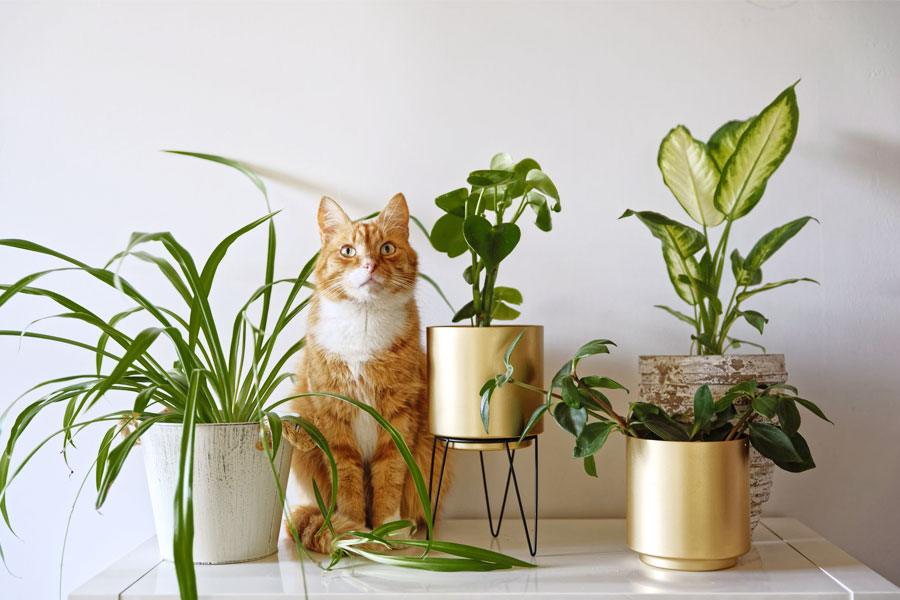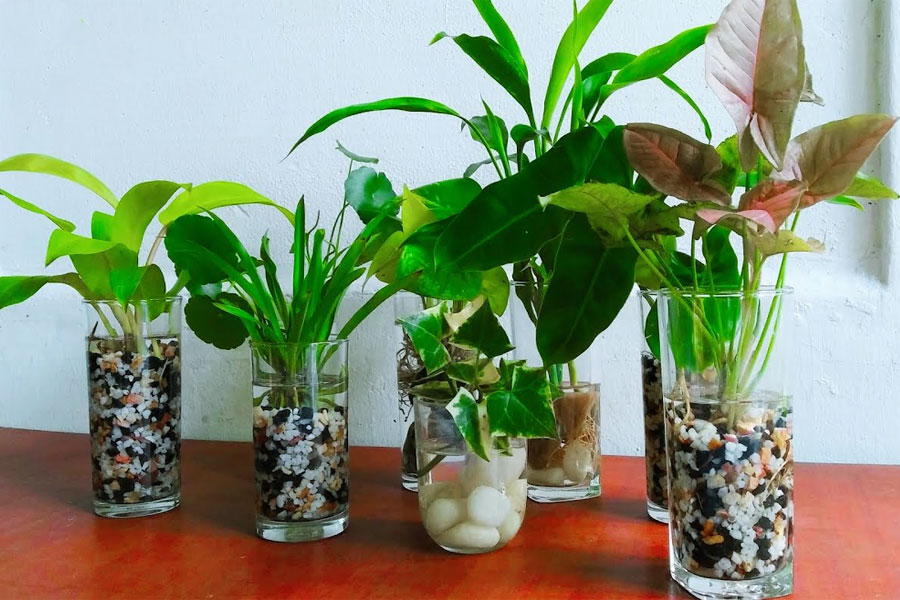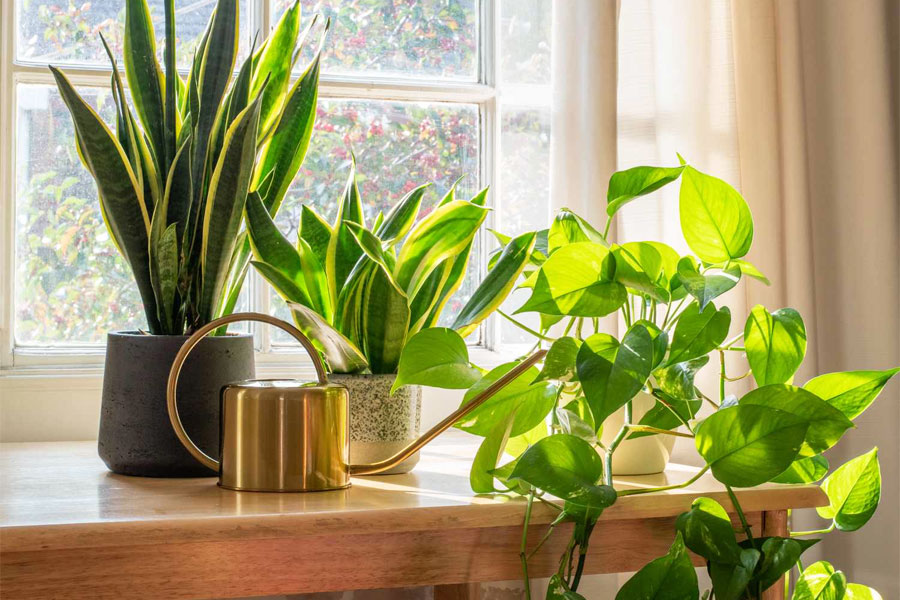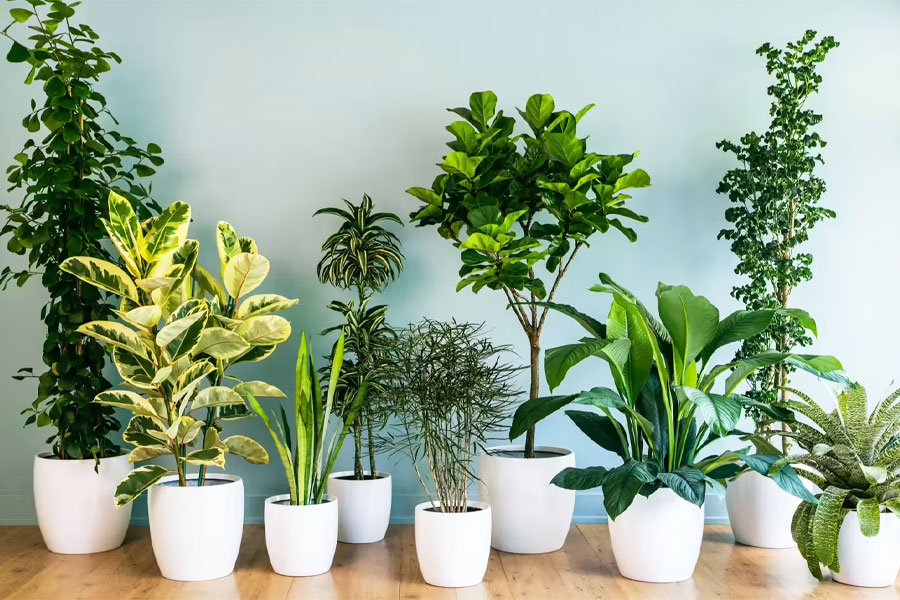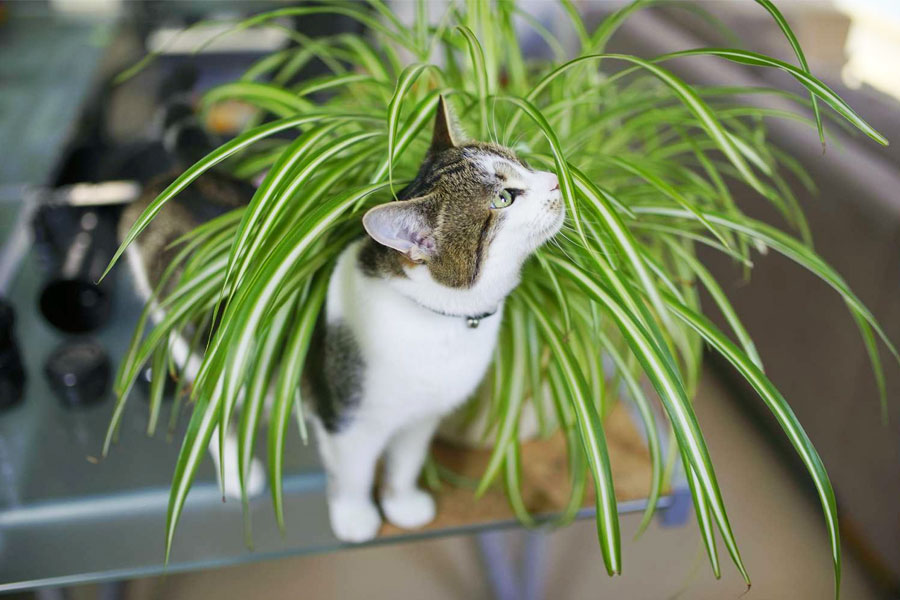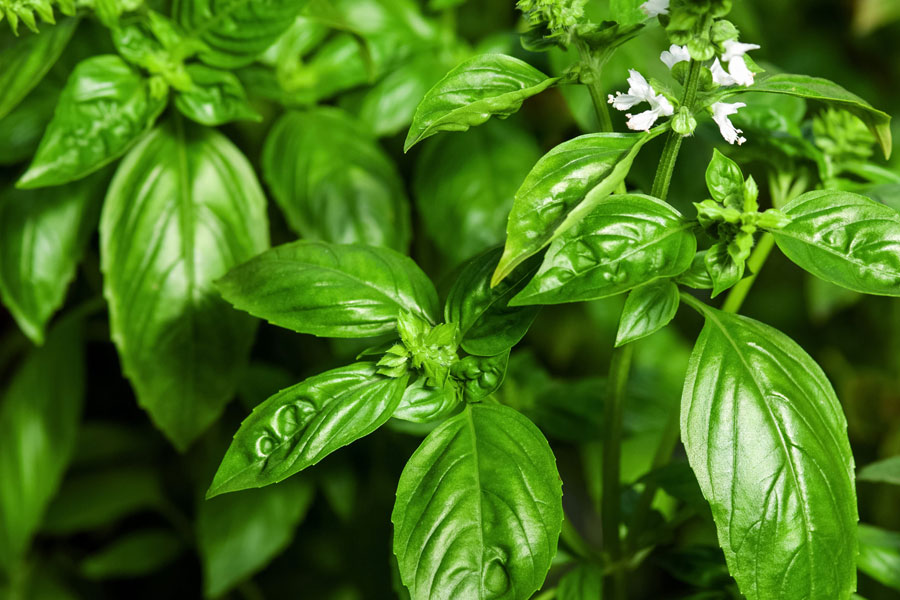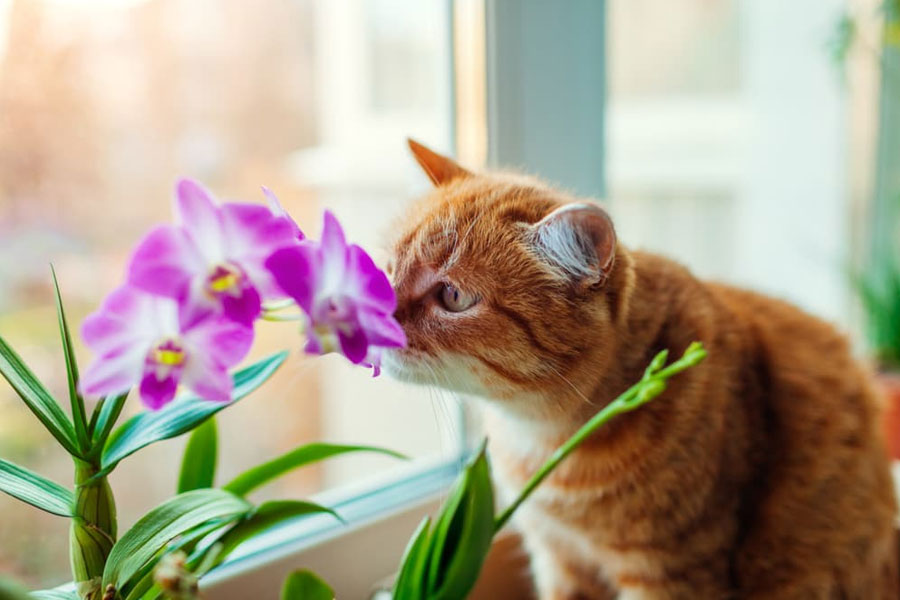
Orchids are among the most popular houseplants due to their gorgeous, colorful, and fragrant flowers. As a cat owner and plant enthusiast, balancing the beauty of houseplants with your pets’ safety is critical. However, orchids, which are recognized for their beautiful flowers, sometimes cause pet owners to worry.
The main question is, “Are orchids toxic to cats?” This article delves into orchid cat toxicity to ensure the safety of your beloved cats.
Why Are Cats Attracted to Orchids?
Cats are easily attracted to orchids because of their flavor and intense aroma. They may begin playing with the dropping blossoms or nibbling on the leaves out of boredom. After all, cats are curious creatures who eat anything that appears edible.
Are Orchids Toxic to Cats?
Orchids are not poisonous to cats. Their lovely blossoms are edible and may be used in various delicious cuisines. In that way, orchids are safe for dogs and cats. Still, cat and dog pets are recommended to consume only a few greens.
Consuming orchid leaves and stems may cause stomach aches and other digestive problems in animals.
Types of Orchids Toxic to Cats
No species has been reported to be highly poisonous to cats when consumed, but a unique, untested species or hybrid may be dangerous.
It’s worth mentioning that lady’s slipper orchids are known to cause minor skin irritation in humans, so the same might be valid for cats.
Furthermore, the orchid-like Impatiens glandulifera plant, popularly known as Poor Man’s Orchid, can be slightly dangerous to pets.
Orchids are Non-Toxic to Cats But Still Problematic

Even though orchids are safe for cats, you don’t want your pet to eat them frequently. It will harm the delicate beauty of these gorgeous plants, and consuming too much vegetation is not beneficial for these obligate carnivores. Eating any part of the orchid or another plant can cause stomach distress and vomiting in cats.
The plant may also contain toxic herbicides or pesticides that are poisonous to cats. You will need to find out precisely what vendors use on their orchids. Additionally, the container may contain harmful chemical fertilizer if your cat prefers potting soil.
When in doubt, repot your orchid in a new potting medium with pet-safe organic fertilizer, such as fish emulsion.
What Should You Do If Your Cat Has Consumed an Orchid?
If your cat ate an orchid, you should closely check them. Most cats will not react negatively to eating just a bit of the plant, but some may have gastrointestinal discomfort. Signs of digestive problems in cats include symptoms such as;
- Vomiting
- Diarrhea
- Drooling
- Loss of appetite
An episode or two of vomiting that includes plant material is not unusual and should be a worry as long as your cat returns to normal shortly after.
Cats that continue vomiting, develop diarrhea, stop eating, or appear sad should be examined by a veterinarian. The plant material could be the root of the problem, or it could be a completely different issue. In any case, getting them checked out to determine if they require rehydration or anti-nausea medicine is the most effective method to get them feeling better soon.
Treatment:
Some simple remedies may be required for cats that experience chronic symptoms after eating an orchid. Your veterinarian might suggest testing to rule out other causes of vomiting or diarrhea, such as blood tests or abdominal imaging.
If no other reason for the stomach trouble is identified, water and anti-nausea medication may be given to help your cat feel better faster.
How to Keep Your Cat Safe From Toxic Orchids?
Here are a few easy tips to keep cats away from toxic orchids or any indoor plant in general:
- Provide alternative enrichment: Investing in engaging toys and puzzle feeders might help your cat stop eating plants out of boredom.
- Cat-proof your plant: Because cats are expert acrobats, simply placing your orchid on a high shelf may not be enough. Consider a location where your orchid may receive the necessary light while being safe from your cat.
- Grab some cat grass: When your plant-loving puss attempts to graze on your orchid’s petals, redirect them to other appropriate plants.
- Help anxious cats relax: Cats may chew on plants to relieve tension. If you believe your cat is nervous, contact a professional pet behaviorist to assist you in identifying stress causes and how to make your cat feel more at ease.
Frequently Asked Questions
1. Can orchid care products be harmful to cats?
Some care products, like fertilizers and pesticides, can be harmful. Always use pet-safe products and keep your cat away from treated plants.
2. What should I do if my cat eats an orchid?
If your cat eats an orchid, monitor them for any signs of digestive upset. If any unusual symptoms occur, contact your veterinarian.
3. Can orchids cause allergic reactions in cats?
While orchids are not toxic, some cats might have allergic reactions. Watch for signs like itching, sneezing, or swelling.
4. How can I keep my cat away from orchids?
To keep your cat away from orchids, place the plants in areas that are difficult for your cat to reach or use deterrents like citrus sprays around the plant.
5. Are all types of orchids safe for cats?
Yes, all types of orchids are considered safe for cats. The ASPCA does not list them as toxic.
Wrapping Up
While orchids do not harm cats, they might cause minor gastrointestinal discomfort if taken excessively. The good news is that these blooming plants are not dangerous to humans. They are used as edible decorations in desserts and salads.
To minimize possible complications, keep pet-friendly plants out of the reach of curious pets and small children.

